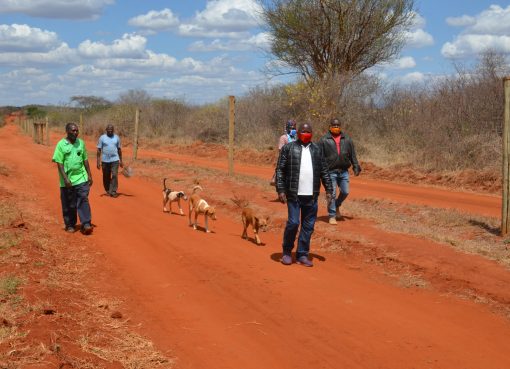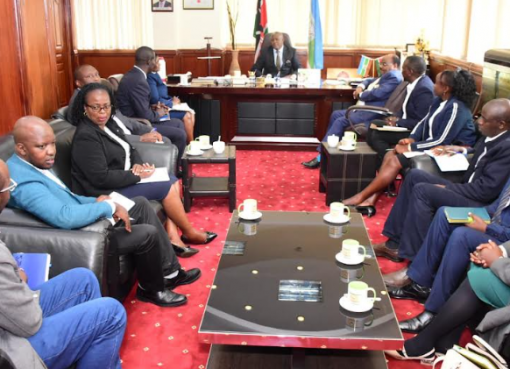The Common Market for Eastern and Southern Africa (COMESA) region has experienced a robust annual real GDP growth of close to 6.5 percent but this has not led to economic transformation of the region.
According to Principal Secretary in charge of Industry in Kenya, Ms. Betty Maina, this disparity is as a result of
preoccupation with low value-added products and trading in primary products and natural resources.
Addressing delegates at the joint opening of COMESA Technical Meetings on industry on one hand and infrastructure (transport, ICT and energy) on the other in Nairobi on Tuesday, Maina said the affected products are mainly those with few forward and backward linkages to the rest of the economy.
The PS cited the production of hydrocarbon and minerals, both capital and technology intensive as some of those that contribute to jobless growth in the region.
“Despite regional integration being of special importance in Africa, COMESA Member States still trades over 90 per cent with other parts of the world due to lack of industrial diversification and products` complementarity among themselves,” she said.
Consequently, she added that the low level of intra-COMESA trade, which has not broken the 10 percent threshold of total exports over the years, is a reflection of a low level of industrialization.
“This limits the level of intra and inter industry trade and the extent of quality job creation needed to reduce poverty,” Maina said.
The COMESA technical meetings on industry and joint committee meetings on infrastructure are concurrently taking place in Nairobi for three days.
The implementation of the COMESA Industrial Strategy, which was adopted by the Ministers of Industry in 2015, is expected to provide the pathway towards addressing the growth gaps that exist on the supply side such as low value addition, low employment rates and weak cross border trade volumes.
The meeting will discuss the Draft Action Plan of the implementation on the COMESA Industrial Strategy and review the COMESA Regional Guidelines on the Local Content Policy and the two documents submitted to the Ministers of Industry.
The 11th Joint COMESA Technical Committee on Infrastructure will consider the progress made in the implementation of the infrastructure soft and physical projects in transport, ICT and energy sub-sectors.
Speaking at the same forum, the Assistant Secretary General of COMESA, Dr.KipyegoCheluget said energy costs in the region were a major impediment to the expansion of the manufacturing sector.
The total installed capacity for electric power in the 21 COMESA countries is about 90,800 megawatts compared to Brazil with over 150,000 megawatts.
“We are however beginning to see significant improvements in the generation capacity with the expected coming on-stream major power generation projects in Kenya, Egypt, Ethiopia, Ugandaand Zambia,” he said.
Cheluget added that the construction of Zambia-Tanzania-Kenya inter connector and the Ethiopia-Kenya inter connector will facilitate power trade between the southern and the northern power pools.
The PS for Trade in Kenya, Dr. Chris Kiptoo said the joint hosting of meetings of experts in industry, transport, ICT and energy was a good initiative for addressing interrelated issues that contribute to the growth of regional trade.
The technical meetings will end today to pave way for ministerial meetings on industry and infrastructure who will consider the recommendations of the experts and make decisions on their implementation by Member States.
By Wangari Ndirangu



